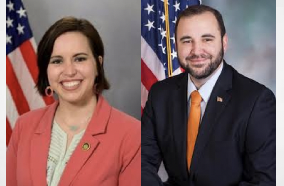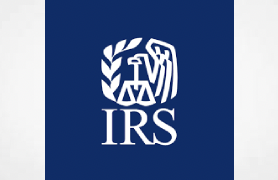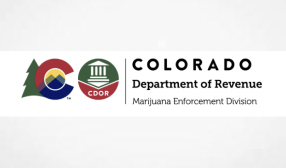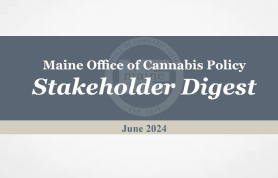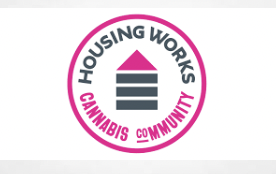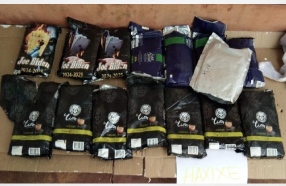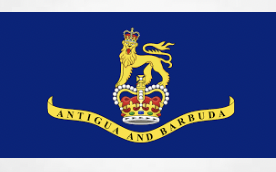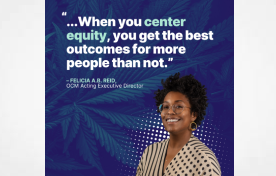Authored By: Rod Kight
3-16-2018
[This is part two of a letter to industrial hemp and CBD businesses.]
Third, CBD has received a lot of attention this year, both positive and negative. It is likely to receive much more. Unlike raw hemp or even hemp extracts, CBD is a specific chemical compound. Although it can be derived from hemp, it is different in kind from both raw hemp and “full spectrum” hemp extracts. It is thus subject to more scrutiny. As with raw hemp and hemp extracts, CBD derived from hemp is lawful if its source (such as hemp) is legal and illegal if its source (such as marijuana) is illegal. This is called the “Source Rule”: CBD’s legal status depends on its source. An in-depth discussion of CBD’s legal status is beyond the scope of this letter, but the source of CBD is the threshold issue for any inquiry.
The DEA has been less than helpful with respect to CBD. State law enforcement officers, and even hemp agriculture commissioners, generally have a very poor understanding of its legal status. You may be aware of a recent raid in Tennessee called “Operation Candy Crush”, in which over 20 C-stores carrying CBD products were raided, shut down, and their owners charged with felonies. Fortunately, the stores were reopened by the Court and all charges eventually dropped when prosecutors could not prove that the CBD contained in the seized products was derived from unlawful marijuana, rather than lawful hemp. This was a good development, but it underscored the fact that CBD is widely misunderstood. The Tennessee Sheriff even stated at a press conference that people bought CBD “to get high”. Had he only read the World Health Organization’s preliminary report on CBD, released last Fall, before making his arrests he would have known that this isn’t true.
Along a similar vein, I have seen confusion in the market with respect to natural, safe, and legal CBD products and products containing synthetic, harmful, illegal cannabinoids such as Spice and K2. This is part of what is going on with a recent bust in my home state of North Carolina. I encourage you to do everything you can to separate yourself from these products and to educate the public about them. Any association with them will harm you and the hemp industry as a whole.
The FDA regulates CBD that is intended to be ingested or applied topically and is actively watching this market. It is likely to enact new regulations and/or make some pronouncements this year if the NDA for Epidiolex, a CBD-based medication by GW Pharmaceuticals, is approved. Although most people tend to focus on the DEA, which does not regulate industrial hemp or other non-scheduled substances, it is more important to stay aware of developments with the FDA.
Finally, and as a short addendum to all three of these topics, I want to stress the importance of staying on top of all customary business law matters, including utilizing the proper legal entity (such as an INC or LLC), filing tax returns, paying applicable state sales and use taxes, abiding by tax and other laws regarding employees, not violating trademarks, and otherwise doing business “by the book” such as using formal legal contracts over handshake deals. The hemp and CBD industry is legitimate and should be treated as such, both for your specific business and the industry as a whole.
Rod Kight is a lawyer based in Asheville, NC. He is licensed in North Carolina and Oregon and represents legal cannabis businesses. You can contact him by clicking here.
Kight on Cannabis
84 West Walnut Street
Asheville, NC 28801

